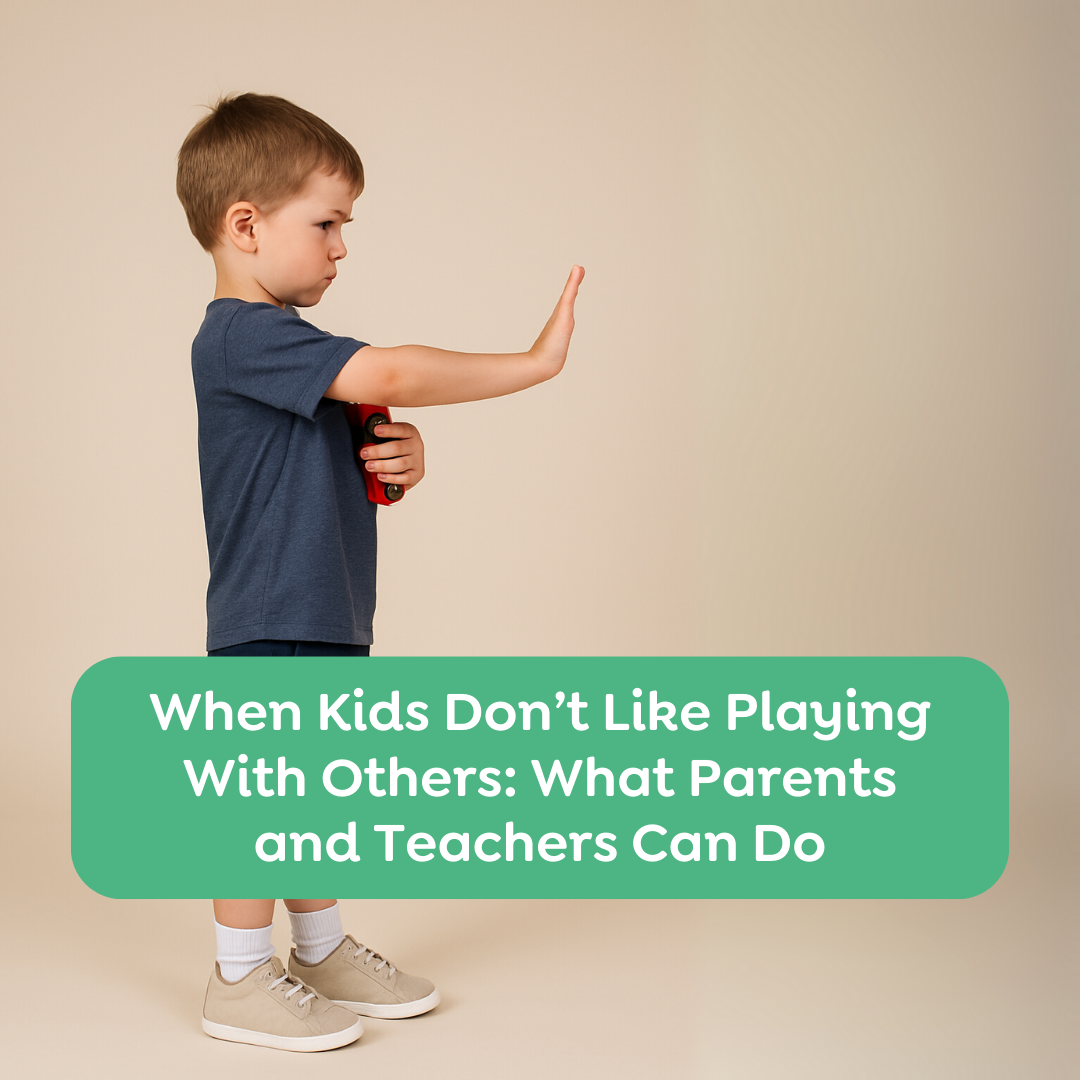Why It’s Better to Praise Effort, Not Just the Outcome
When a child shows you their drawing, it’s easy to say, “That’s amazing!” or “You’re so clever!” But research suggests that this kind of praise can actually do more harm than good in the long run.
The research behind it
Psychologist Carol Dweck’s work on motivation and mindset revealed that the way we praise children influences how they approach learning and challenges. In one of her most well-known studies, she and her team gave 400 children a set of puzzles. After completing the first set, some children were praised for their intelligence (“You must be really smart”), while others were praised for their effort (“You must have worked really hard”).
When offered the choice between an easy task or a more challenging one, the children who were praised for effort were far more likely to choose the harder task. They were more willing to take risks, more resilient when things got difficult, and more focused on learning. Those praised for intelligence were more likely to stick with what they already knew, avoid challenges, and give up more quickly when things got hard.
In another study by Lepper, Greene, and Nisbett (1973), preschoolers were given the opportunity to colour in. Some were told they would receive a reward for colouring, while others coloured with no mention of a reward. When researchers followed up weeks later, the children who had received a reward were significantly less interested in colouring. The activity had shifted from something intrinsically enjoyable to something they did for the praise – and without it, the motivation disappeared.
What this means for parents and educators
Children quickly learn what kinds of behaviours and outcomes adults value. If the focus is always on getting it right or producing something ‘good enough’, children may become anxious, avoid taking risks, or give up when they feel they can’t meet expectations.
But when we consistently acknowledge their effort, creativity, and persistence, we help them build internal motivation. That internal drive is far more protective long term than external praise alone.
Swap empty praise for effort-based feedback:
-
“You really stuck with that, even when it was tricky.”
-
“I can see you thought carefully about how to do this.”
-
“That took a lot of concentration.”
-
“You tried a new way – that’s brave.”
-
“Tell me how you figured that out.”
This kind of language keeps the focus on what the child did, rather than what they achieved. It supports curiosity, creativity, and a willingness to learn from mistakes – all of which matter more than colouring in the lines.
References:
-
Dweck, C. S. (2007). Mindset: The New Psychology of Success. Ballantine Books.
-
Lepper, M. R., Greene, D., & Nisbett, R. E. (1973). Undermining children’s intrinsic interest with extrinsic reward: A test of the ‘overjustification’ hypothesis. Journal of Personality and Social Psychology, 28(1), 129–137.











